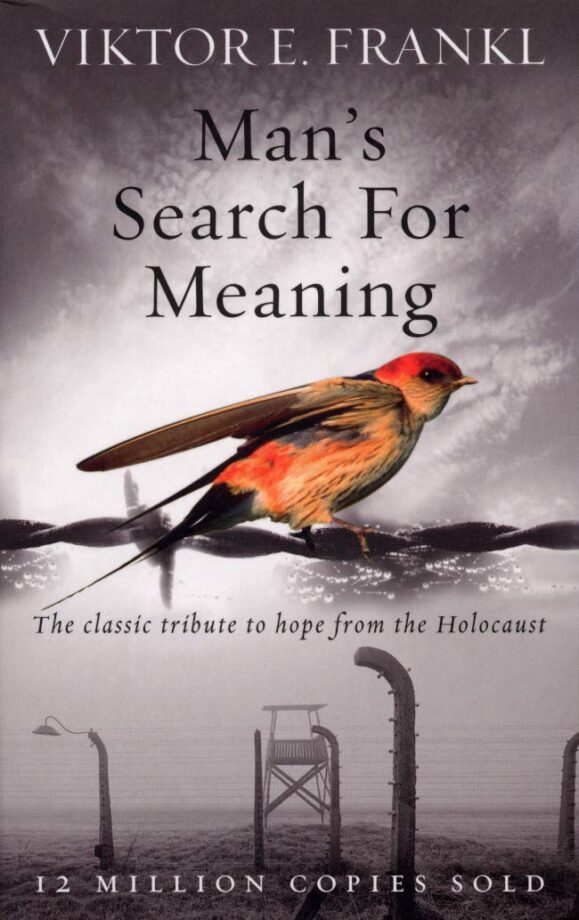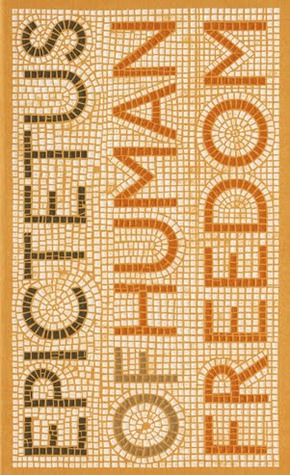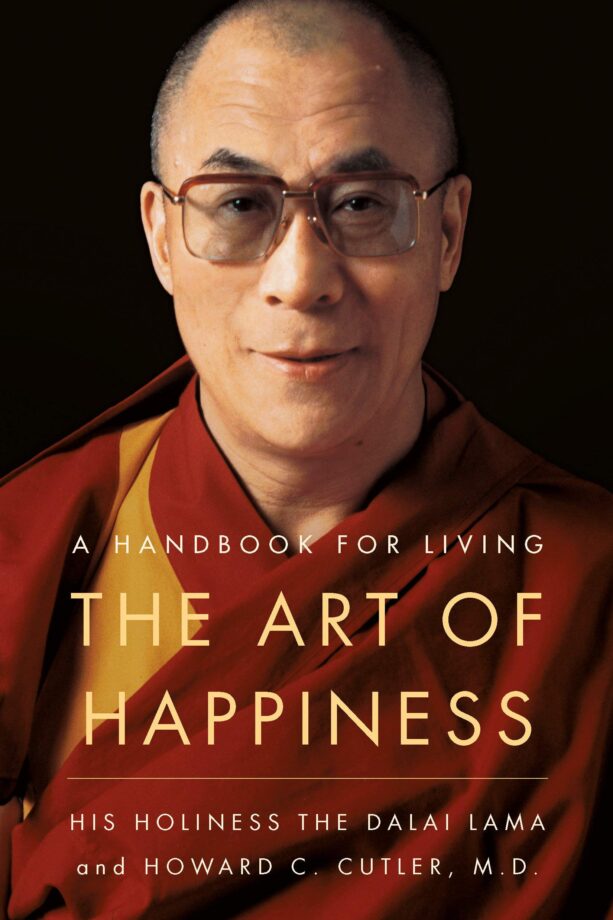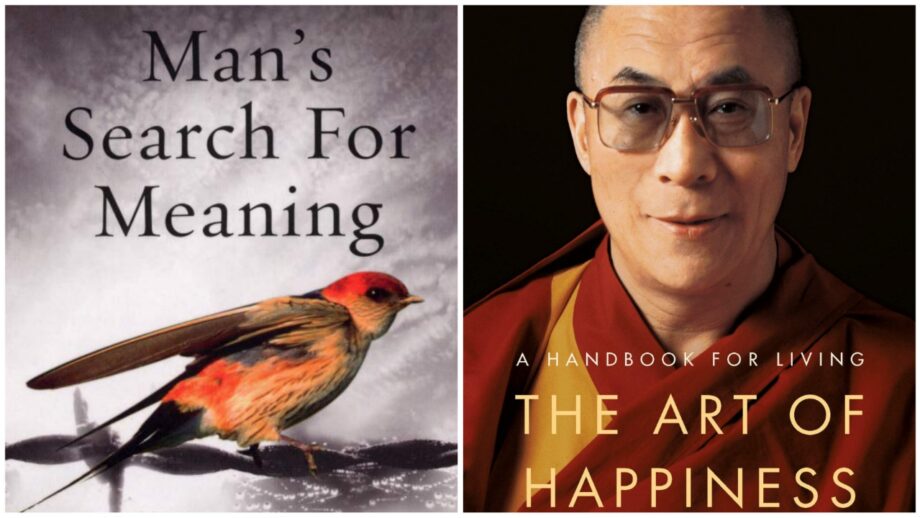In general, meaning theorists are divided into two groups. Some people feel that life has no inherent significance and that we must create our own. They claim that the purpose of life is a personal matter.
Others believe that our existence has a definitive significance. However, they often dispute what that meaning is. Happiness and love are the most frequently mentioned competitors. Self-awareness, relationships, enjoyment, service, and creativity are all typical recommendations.
The following list covers philosophers from both sides of the debate. We hope you’ll find it informative.
1. Man’s Search for Meaning – Viktor Frankl
Man’s Search for Meaning: The Classic Tribute to Hope from the Holocaust is at the top of our list (and many more of its sort) (Frankl, 1946, 2004). Viktor Frankl, an Austrian psychiatrist and Holocaust survivor who founded logotherapy, wrote it between 1905 and 1997.

2. Of Human Freedom – Epictetus
Epictetus (c. 55–135 C.E.) was a former Greek slave who, like the other Stoa philosophers, believed that we can regulate our moods by regulating our thinking. Epictetus felt that worrying about external events was futile because most of them are beyond our control. Our reactions to these occurrences, on the other hand, are completely under our control. As a result, we should not place importance on any exterior phenomenon or condition.

3. The Art of Happiness: A Handbook for Living – Dalai Lama and Howard C. Cutler
Tenzin Gyatso, the 14th Tibetan Dalai Lama, co-wrote The Art of Happiness: A Handbook for Living with psychiatrist Howard C. Cutler, which has become a best-selling self-help book (2009).
Buddhist thinking is presented as a complete foundation for ethical self-improvement in this book.

Source: positive psychology


